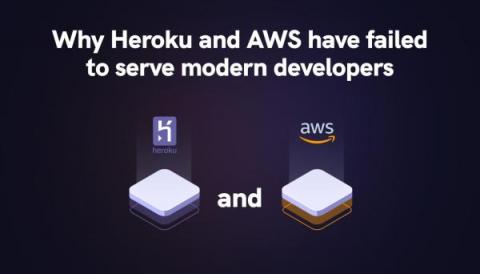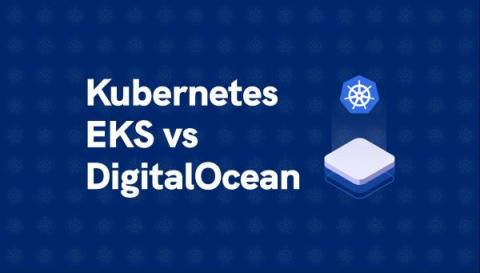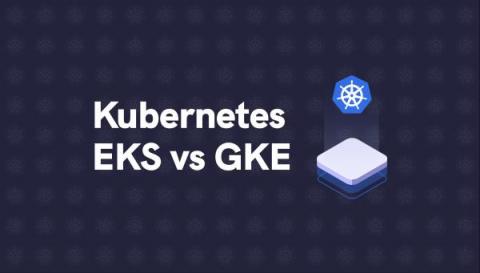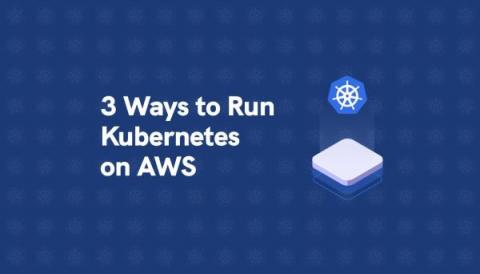The importance of SemVer for your applications
For some developers, SemVer can look just cosmetic, nice to have, or simply useless. But SemVer format is mandatory to make reliable software. I'll explain how over one year, we encountered 2 issues related to SemVer. The first one was critical and led to a production outage, while the other was a lot of trouble for several companies to upgrade a managed service.










